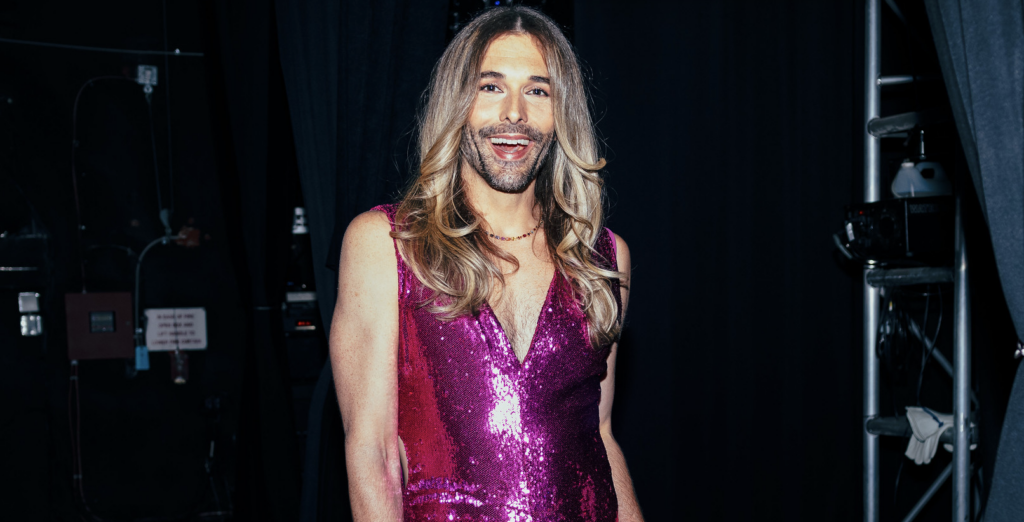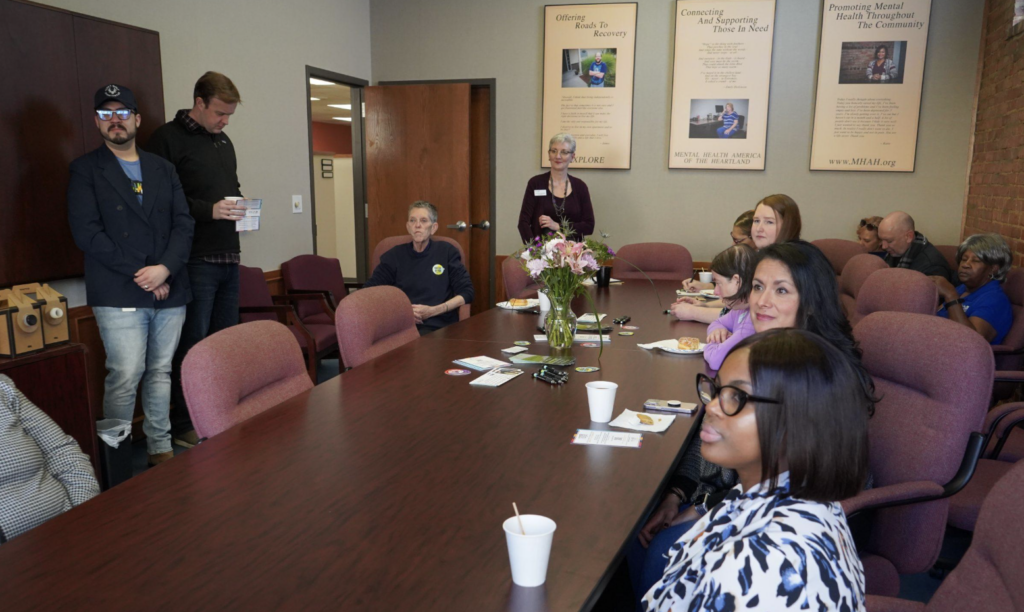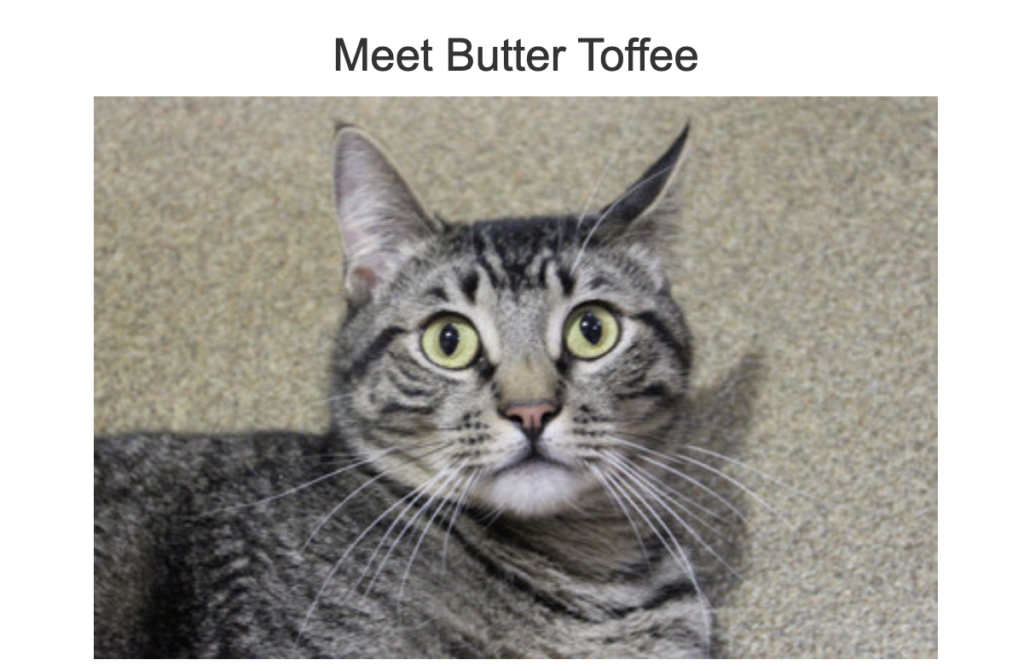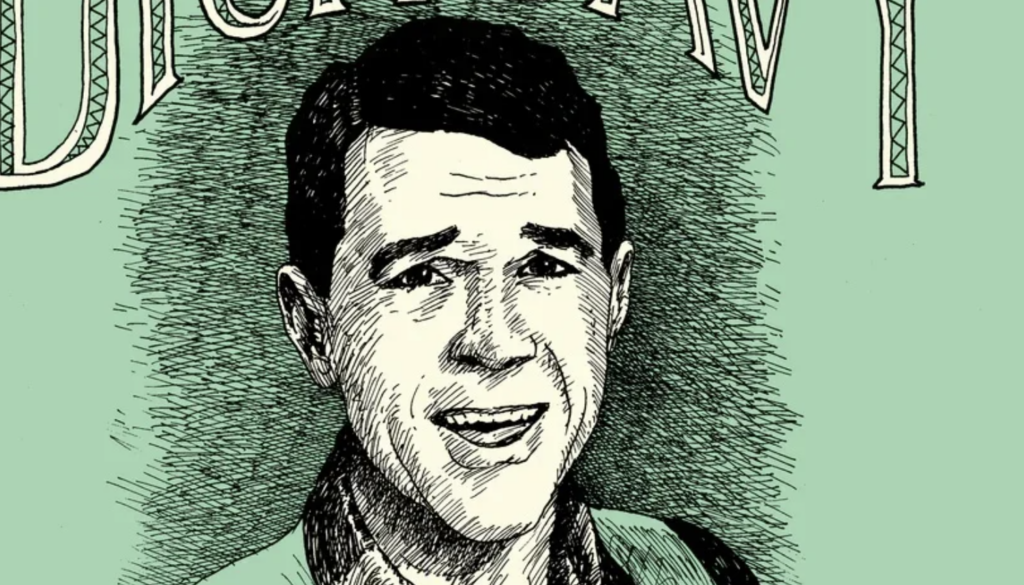Spiritually Sound: Local Vodou Priestess combats negative connotations with holistic healing
The story goes that the Haitian Revolution began with Vodou. In the late 1700s, Haiti was governed by the French. Producing sugar and coffee off the backs of slaves from Africa, the island was prosperous for colonizers. For the enslaved population, it was brutal until the Bois-Caiman Ceremony.
In 1791, Dutty Boukman and Cecile Fatiman performed a Vodou ritual. Slaves gathered and called out to their ancestors and Vodou’s protective spirits, asking for strength against the colonizers. A black pig was then sacrificed, and the blood was shared between those who attended. From there, the Haitian Revolution blazed through the island and culminated with independence in 1804.
Vodou itself is a religion that evolved from West African beliefs and incorporated parts of Catholicism of the Haitian oppressors. Forced conversion to Catholicism was common for the French during that time, and by 1791, some slaves were forced or fled to the U.S. and landed in New Orleans.
From there, the religion has prospered in the States, and not just in the Crescent City. Here in Kansas City, Vodou High Priestess Julie Valdivia runs the metaphysical shop KC Conjure (1620 Locust in the Crossroads) and supports the religion that grew out of enslavement and degradation to become one of community and hope.
Valdivia’s Vodou Discovery
Twenty years ago, Valdivia was a devout Catholic. She began to have dreams of text messages sent to her on an old phone in the early 2000s. “We know you see us,” the dreams said, according to Valdivia. “What are you waiting for? The door’s open. Why can’t we come in?” These dreams continued and evolved into an old African American man driving a car and inviting her for a ride.
Valdivia had family in New Orleans, the center for Vodou in the U.S., and so she reached out to her cousin.
“Oh, that’s just Papa Legba,” her cousin told her. Papa Legba is one of the many Vodou spirits, and, more specifically, he is responsible for allowing communication between the spirit world and humans.
From there, her interest in Vodou grew, and soon, she completed the initiation rituals required to become what is known as a Monbo, a female Vodou High Priestess. A male priest is known as an Oungan. Valdivia is not allowed to discuss the particulars of the initiation rituals, but its focus is on technical knowledge, understanding of the spirits and deities associated with Vodou, and the development of their konesans, which is a focus on spiritual and intuitive knowledge.
Given Vodou’s deep history and mixing of cultures, there is a lot to learn. For starters, the spirits are known as Lwa, and there are over a thousand of them classified into seventeen pantheons. The rituals vary between the spirit’s personality and what is being asked.
Furthermore, for Vodou, there is no recognized central temple that controls other sects. It is practiced independently, with Monbos and Oungans having authority in their temples. They lead other practitioners through rituals and provide guidance to those who come.
The Reality of the Rituals
There is a stigma attached to Vodou through modern culture and movies; Things such as Vodou dolls and the ‘Evil Eye’ make their way into literature and horror movies. References to devil worship or satanism are often brought up. However, the truth is something completely different.
“Vodou is about healing and community,” Valdivia says. “We believe in good and our ancestors. You’ll see a lot of women in Vodou because it gave them sovereignty over themselves. It’s about self-enrichment. It’s not scary; It’s welcoming.”
It’s with this mindset that Valdivia and her community practice the religion. Often within Vodou, the rituals invite one of the Lwa to possess the practitioners depending on what the believers need or what the specific Lwa requires to be invited.
Erzulie represents love, beauty, and femininity. To call upon her is to call upon a woman of nobility and refinement, and the ritual must reflect that. Perfumes, jewels, and decorations are often used. However, practitioners must tread carefully because she can also be spiteful.
Papa Loko can pass down knowledge to new initiates and is a healing spirit with a great knowledge of herbs and natural remedies. The use of tobacco, rum, and food is used to invite him in as a guest.
The rituals to invite many of the Lwa involve drums, sacred symbols, and the colors most associated with the specific spirit one is trying to contact. When done correctly, and the spirit is feeling respected, possession may happen.
“Spirits are as complicated as humans,” Valdivia says. “They are multifaceted, and sometimes they do good things, and sometimes they do bad things. The key is not to treat them as work dogs but as companions.”
As to what it feels like to be possessed by a spirit, Valdivia goes on to explain that it can vary from experience to experience.
“It can feel like someone is on your back, the weight right there,” she says. “And other times, they take you over completely, and there have been instances where I have lost time because the spirit was in complete control.”
During these times of possession, the spirits can act nonchalantly as they partake in the offerings or become more serious. Valdivia explains that sometimes they are playful and tells about an experience where she was possessed and the spirit smoked cigars—a habit that she does not partake in.
It’s through these interactions that the spirits can pass on knowledge of the future, offer guidance in the present, or grant favors such as healing. It depends on which of the Lwa that has been invited.
There are those who use Vodou for malevolent intentions, and this is how pop culture presents the religion—Vodou dolls, the Evil Eye, and curses on enemies. The truth is a lot less dramatic. Vodou dolls are not an active part of the religion, and those who use Vodou for ill purposes are often shunned in the community.
Once a person digs past all the rumors and stories from the internet, Vodou is a religion that was born out of the cruelty towards enslaved people who fought to maintain contact with the roots of their heritage in West Africa. It very simply gave people faith to overcome torturous conditions, and, like many religions, that faith fostered community. For Valdivia, that is the community that she created around KC Conjure as our area’s Vodou High Priestess.
Click below to read the February 2025 Issue of The Pitch Magazine:









